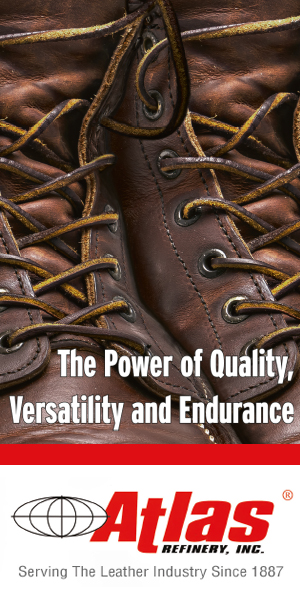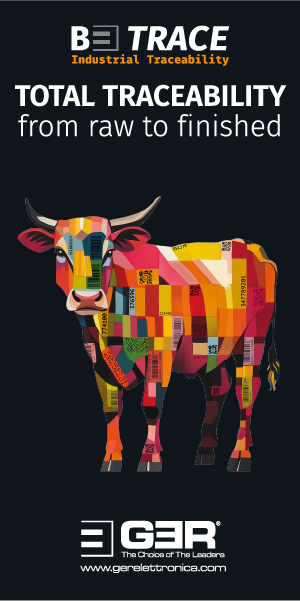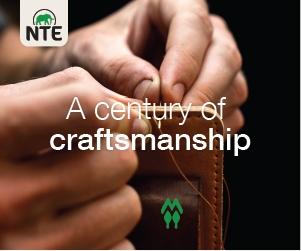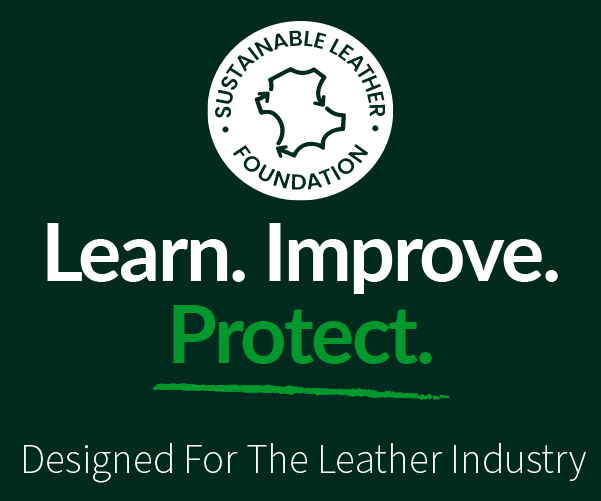SMEs weigh data burden

Some of the world’s most beautiful shoes are made by highly skilled artisans in small workshops. Now, these are being asked to also become data providers and sustainability managers as their customers lean on them to supply information for European legislation. What will become of these Italian SMEs that operate with already-tight margins?
The head of a small Italian footwear manufacturer inadvertently summed up the burden of new European data requirements by lamenting the “problem of sustainability”. Speaking as part of a panel discussion at footwear show Micam Milano, Alberto Masenadore of Calzaturificio Peron [politely] expressed frustration about the incoming legislation. “In the previous years, our main concern was to satisfy the designer, making good samples, and then satisfy the production, making high-quality shoes,” he commented. “Now, we have to also face this problem of sustainability.”
He is, of course, talking about the slew of new regulations and demands expected in the European Union in the next five years or so, including Digital Product Passports, Extended Producer Responsibility, the Corporate Sustainability Reporting Directive and others under the European Green Deal, which aim to make the fashion industry more sustainable and accountable, putting the onus on the sellers to take more responsibility for the goods they place on the market. As part of this, products will be expected to carry information about materials and manufacture, and the retailers must have a clear view of inputs and end of life. But who is expected to provide all this extra information? Whatever the theory, it looks like it will be the manufacturers, a challenge many – especially small- and medium-sized enterprises (SMEs) – are wholly ill-equipped for.
There are about 4.3 million SMEs in Italy, 95% of which are micro-enterprises. They employ 13 million people and account for 80% of employment, according to government figures, generating more than 65% of the nation’s added value. They are the “powerhouse of the Italian economy” says Valentino Valentini, deputy minister at the Italian Ministry of Enterprises. However, there is now an urgent need to digitalise and upgrade these businesses so they can meet the fresh needs of their customers.
“The new EU regulations, particularly the Digital Product Passport requirements under the Ecodesign for Sustainable Products Regulation, present several challenges for small-and medium-sized footwear manufacturers,” Giovanna Ceolini, president of Italian footwear manufacturers association Assocalzaturifici, tells World Leather. “SMEs will need to collect and document detailed data on materials, production processes, chemical usage and supply chain information, which they may not currently track systematically. Additionally, implementing digital systems to create, manage and transmit data requires technical expertise and software investments that small manufacturers often lack. Footwear production involves multiple suppliers across different countries, making full traceability a challenge for small producers with limited influence over their supply chains. Furthermore, validating environmental claims and material compositions may require laboratory testing, adding further costs.”
Brands united?
Brands share some of the frustration, according to Rosie Gaunt, head of responsibility at luxury shoe brand Manolo Blahnik. Although not speaking in an official capacity, she expresses how difficult it is to gather the data required for the new rules. “It’s coming to us in snippets, and it’s not good enough,” she says. “There are a lot of solutions but these need investments from the brand, unfortunately, so it’s a challenge to prioritise that investment to make that work easier.”
Speaking at Micam, she was keen to stress how lucky brands are to work with such skilled artisans, and admits they are now asking them to “wear so many hats”. “All brands are asking a similar supply base for the same information, but maybe in a slightly different way, so we’re inadvertently doubling, tripling or quadrupling the workloads of suppliers who are already doing something they haven’t been trained to do,” she says. “So, more collaboration is needed across the sector to support our suppliers, which is really what the whole industry is underpinned by.”
More collaboration, and more clarity, pleads Mr Masenadore. “We need to work with our customers to find a way to get this data together, because, as everybody knows, the margins in production are very small. Crucially, we don’t have a clear picture of what they really need, and everybody is different. It is very important that this becomes clearer.”
Financial instruments
To help with the burden, the Italian government has introduced specific fiscal and financial instruments to help enterprises invest in digitalisation, as well as tax credits and state guarantees of 80% on lending for working capital and new investments. It has also established a network of 50 innovation centres that offer experimentation labs, targeted training and mentoring programmes for SMEs interested in adopting new technologies.
Specific to footwear, several approaches are emerging to help small manufacturers adapt, starting with the development of standardised models and specific guidelines, Ms Ceolini tells us. “A gradual adoption process is essential to allow less structured companies more time to adjust their systems. Also, accelerating digitalisation efforts will be key to facilitating compliance and reducing the burden on SMEs.”
For its part, Calzaturificio Peron has developed a system that uses radio-frequency identification (RFID) - adding a tag within the shoe that is able to carry data and record it in a permanent blockchain system. Footwear brand Tod’s recently used this system (although it is unclear whether it is from Peron) in its new My Gommino shoe, supported by the Aura Blockchain Consortium. Chips containing information on the origin of materials, production processes and compliance, as well as aspects of quality and sustainability, are embedded in the sole. Consumers can also scan this to learn stories of the artisans behind each pair, adding value by creating an emotional bond with the product.
These sorts of investments and strategies will be vital for the survival of the SMEs, and it is in nobody’s interests to let them flounder, but the question of who will bear these costs is “complex and sensitive”, Giovanna Ceolini concludes. “It will be necessary to work on brand-supplier dynamics with shared responsibility models and to be cautious about passing significant price increases on to end consumers. SMEs with less bargaining power may face greater pressure to absorb these costs.”
Alberto Masenadore and Rosie Gaunt speak as part of a panel on sustainability at Micam in Milan. Credit: WTP




























